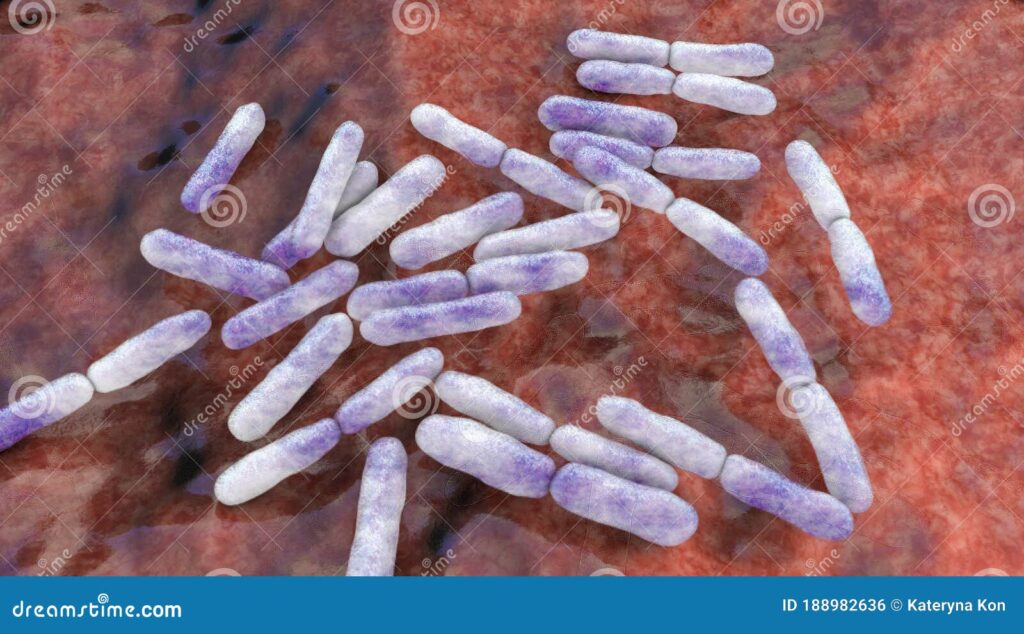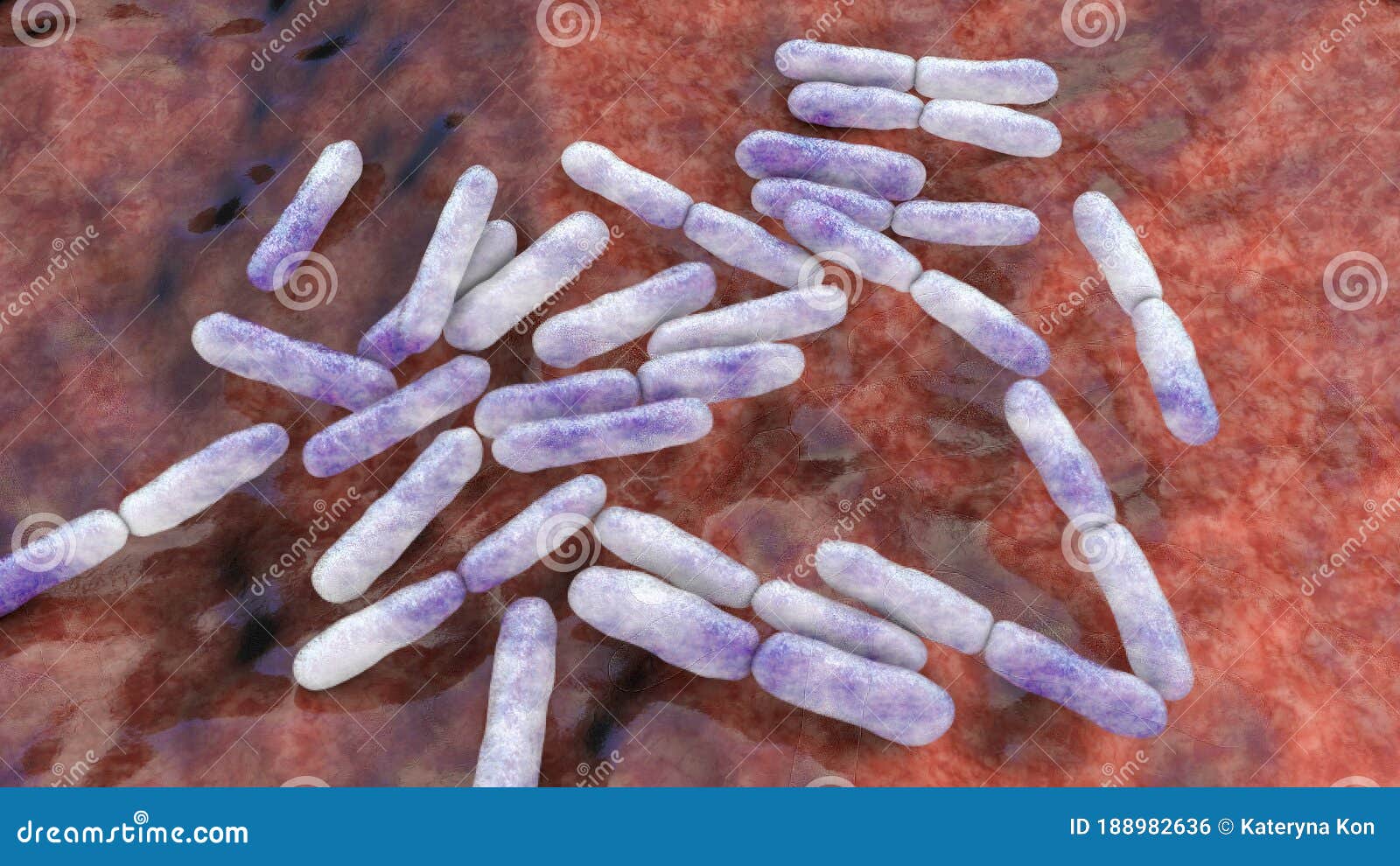
Bifidobacterium: Unlocking the Potential of Probiotics for Gut Health
In the realm of gut health and overall well-being, Bifidobacterium stands out as a crucial genus of bacteria. These microorganisms, commonly found in the human gut, play a significant role in maintaining a balanced and healthy digestive system. Understanding the importance of Bifidobacterium, its various species, and its impact on human health is essential for anyone seeking to optimize their well-being through probiotics and dietary choices.
What is Bifidobacterium?
Bifidobacterium is a genus of Gram-positive, anaerobic bacteria that are naturally present in the gastrointestinal tract of humans and animals. They are one of the most abundant types of bacteria in the gut microbiota, particularly in infants. These beneficial bacteria contribute to the fermentation of carbohydrates, producing short-chain fatty acids (SCFAs) like acetate, which provide energy to the host and promote gut health.
The term ‘probiotic’ is often associated with Bifidobacterium. Probiotics are live microorganisms that, when administered in adequate amounts, confer a health benefit on the host. Many probiotic supplements contain Bifidobacterium strains, capitalizing on their beneficial effects on digestion, immunity, and overall health.
Common Species of Bifidobacterium
Several species of Bifidobacterium are commonly found in the human gut and are utilized in probiotic products. Some of the most well-researched and widely used species include:
- Bifidobacterium bifidum: Known for its ability to break down complex carbohydrates, B. bifidum is often found in the intestines of infants and contributes to a healthy gut environment from an early age.
- Bifidobacterium longum: This species is one of the most versatile and abundant in the human gut. B. longum aids in digestion, immune modulation, and protection against pathogens.
- Bifidobacterium breve: Predominantly found in infants, B. breve plays a crucial role in the early development of the gut microbiota and helps prevent infections.
- Bifidobacterium infantis: Specifically adapted to thrive in the infant gut, B. infantis aids in the digestion of breast milk and supports immune system development.
- Bifidobacterium adolescentis: More commonly found in adults, B. adolescentis contributes to the fermentation of dietary fibers and the production of SCFAs.
The Benefits of Bifidobacterium for Gut Health
The presence of Bifidobacterium in the gut is associated with numerous health benefits. These bacteria contribute to the overall balance of the gut microbiota, which is crucial for digestion, immunity, and even mental health.
Improved Digestion
Bifidobacterium species aid in the digestion of complex carbohydrates and fibers that the human body cannot break down on its own. By fermenting these substances, they produce SCFAs, which provide energy to the cells lining the colon and promote healthy bowel movements. This can help alleviate symptoms of digestive discomfort such as bloating, gas, and constipation.
Enhanced Immune Function
A significant portion of the immune system resides in the gut, and the gut microbiota plays a critical role in its development and function. Bifidobacterium helps to modulate the immune response by interacting with immune cells and promoting the production of antibodies. This can enhance the body’s ability to fight off infections and reduce the risk of immune-related disorders. [See also: Immune System Boosters]
Protection Against Pathogens
Bifidobacterium can help protect against harmful pathogens by competing for nutrients and attachment sites in the gut. They also produce antimicrobial substances that inhibit the growth of pathogenic bacteria, yeast, and viruses. This protective effect can help prevent infections and maintain a healthy gut environment.
Reduction of Inflammation
Chronic inflammation is a common underlying factor in many health conditions, including inflammatory bowel disease (IBD), obesity, and metabolic syndrome. Bifidobacterium has been shown to reduce inflammation in the gut by modulating the immune response and promoting the production of anti-inflammatory compounds. This can help alleviate symptoms of inflammatory conditions and improve overall health.
Mental Health Benefits
The gut-brain axis is a bidirectional communication network between the gut and the brain. The gut microbiota can influence brain function and mental health through various mechanisms, including the production of neurotransmitters and the modulation of the immune system. Bifidobacterium has been shown to improve mood, reduce anxiety, and enhance cognitive function in some studies. [See also: Gut-Brain Connection and Mental Health]
How to Increase Bifidobacterium in Your Gut
There are several ways to increase the levels of Bifidobacterium in your gut, including dietary changes, probiotic supplements, and lifestyle modifications.
Dietary Changes
Consuming a diet rich in fiber, prebiotics, and fermented foods can help promote the growth of Bifidobacterium in the gut. Prebiotics are non-digestible fibers that serve as food for beneficial bacteria. Good sources of prebiotics include:
- Onions
- Garlic
- Leeks
- Asparagus
- Bananas
- Oats
Fermented foods like yogurt, kefir, sauerkraut, and kimchi also contain live cultures of Bifidobacterium and other beneficial bacteria. Incorporating these foods into your diet can help replenish and diversify your gut microbiota. [See also: Fermented Foods for Gut Health]
Probiotic Supplements
Probiotic supplements containing Bifidobacterium strains can be a convenient way to increase the levels of these beneficial bacteria in your gut. When choosing a probiotic supplement, look for products that contain a variety of Bifidobacterium species and strains and have been clinically tested for efficacy.
Lifestyle Modifications
Certain lifestyle factors can also impact the composition of the gut microbiota. Stress, lack of sleep, and antibiotic use can disrupt the balance of bacteria in the gut and reduce the levels of Bifidobacterium. Managing stress, getting enough sleep, and avoiding unnecessary antibiotic use can help maintain a healthy gut environment.
Choosing the Right Bifidobacterium Supplement
With so many probiotic supplements on the market, choosing the right one can be overwhelming. Here are some factors to consider when selecting a Bifidobacterium supplement:
- Strain Diversity: Look for supplements that contain a variety of Bifidobacterium species and strains. Different strains have different properties and may offer different health benefits.
- CFU Count: CFU stands for colony-forming units and represents the number of live bacteria in a dose. Choose a supplement with a high CFU count to ensure that you are getting an adequate dose of beneficial bacteria.
- Third-Party Testing: Look for supplements that have been third-party tested for purity and potency. This ensures that the product contains what it claims to contain and is free from contaminants.
- Storage Requirements: Some probiotic supplements require refrigeration to maintain their potency. Check the storage instructions on the label and choose a product that is convenient for you to store.
- Formulation: Probiotic supplements come in various forms, including capsules, powders, and liquids. Choose a form that is easy for you to take and that you are likely to adhere to consistently.
Potential Side Effects of Bifidobacterium
Bifidobacterium is generally considered safe for most people. However, some individuals may experience mild side effects, such as gas, bloating, or diarrhea, especially when first starting to take probiotic supplements. These side effects are usually temporary and resolve on their own within a few days.
In rare cases, more serious side effects, such as infections or allergic reactions, can occur. Individuals with weakened immune systems or underlying health conditions should consult with a healthcare professional before taking probiotic supplements.
The Future of Bifidobacterium Research
Research on Bifidobacterium and its role in human health is ongoing. Scientists are exploring the potential of Bifidobacterium to prevent and treat a wide range of conditions, including IBD, obesity, diabetes, and mental health disorders. Future research may lead to the development of new probiotic therapies and dietary strategies that can harness the power of Bifidobacterium to improve human health.
Conclusion
Bifidobacterium is a vital genus of bacteria that plays a crucial role in maintaining a healthy gut microbiota. By promoting digestion, enhancing immune function, protecting against pathogens, and reducing inflammation, Bifidobacterium contributes to overall health and well-being. Incorporating dietary changes, probiotic supplements, and lifestyle modifications can help increase the levels of Bifidobacterium in your gut and reap the numerous health benefits associated with these beneficial bacteria. As research continues to unravel the complexities of the gut microbiota, the potential of Bifidobacterium to improve human health is only beginning to be realized.

